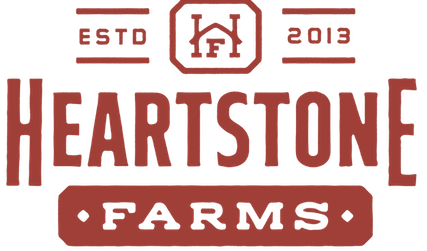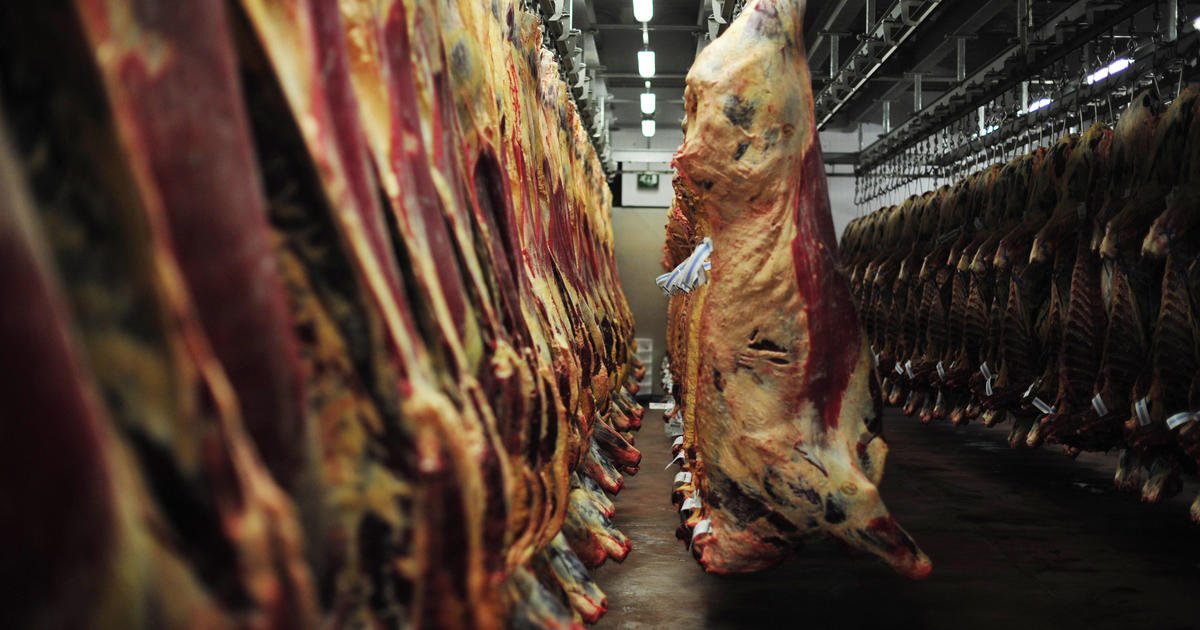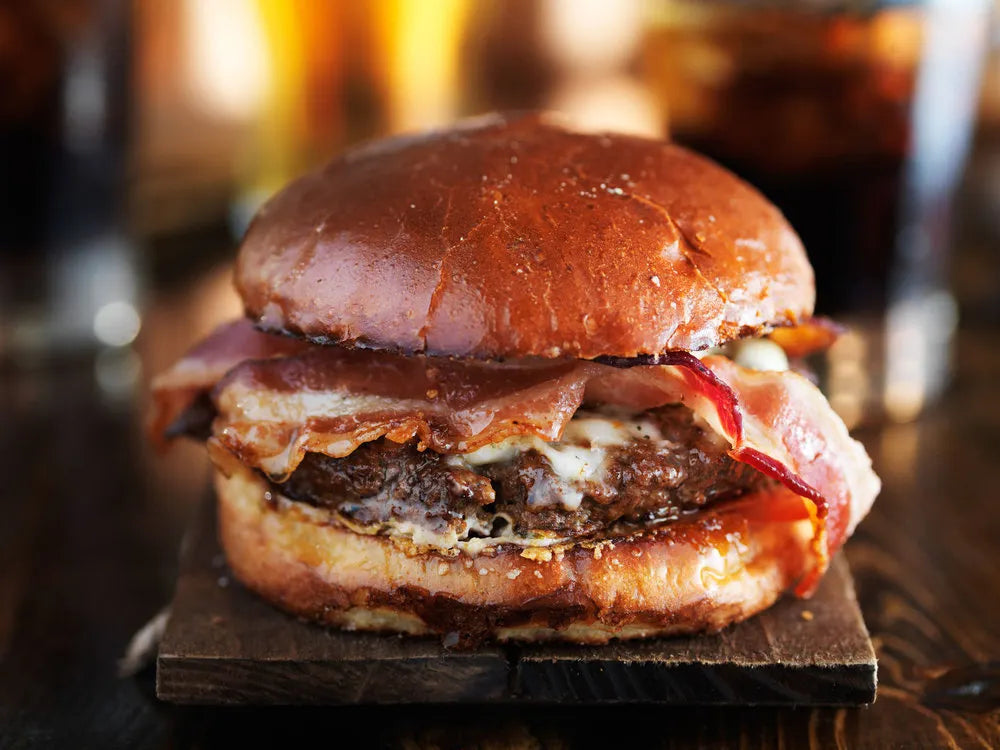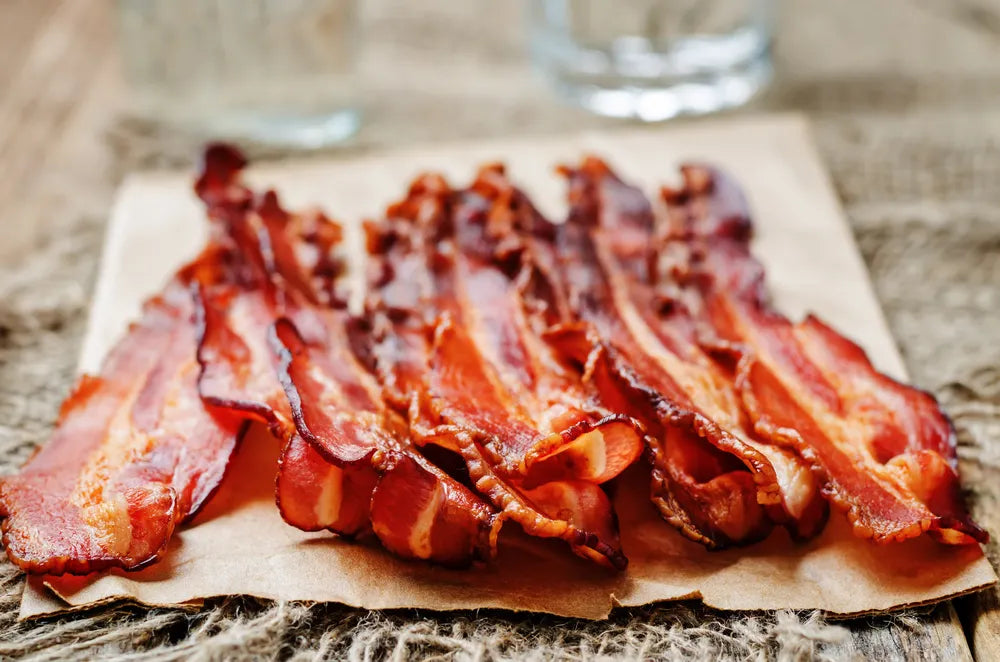What is Dry Aging? (And why it makes such a difference in the flavor and texture of beef)
At Heartstone Farm, we pride ourselves on providing "meat you can trust." Our commitment to quality and trust goes beyond just sourcing and raising grassfed beef and partnering with other producers for top-notch pork and poultry. It extends into how we treat and prepare our meat.
One thing we do differently than supermarket beef is dry aging. Once our beef are slaughtered, the carcasses "hang" for 14 days at our processor in a special room where the temperature and humidity levels are carefully controlled.
I am often asked by customers - what exactly is dry aging, and why is it special?
What is Dry Aging?
Dry aging is a process wherein the beef carcass is stored without protective packaging in a specifically designed cooler for a set period of time, in our case 14 days. During this time, the meat undergoes some remarkable changes. Moisture evaporates from the muscle, concentrating the beef's flavor and making it even beefier and more flavorful. Simultaneously, natural enzymes break down the fibrous, connective tissue in the muscle, enhancing its tenderness.
Why Dry Age Meat?
There are three main reasons why meat is dry aged:
Flavor Concentration: As water evaporates from the meat, the flavors become more concentrated. This results in a deeper, richer taste, often described as nuttier or even buttery. For those who have tasted dry-aged steak, the difference is clear and remarkable.
Tenderness: The enzymatic reactions during dry aging naturally tenderize the meat, offering a mouthfeel that's unparalleled. Even cuts that are less tendered such as chuck steaks are made less chewy through dry aging.
Unique Texture: The dry aging process also impacts the meat's texture, giving it a more succulent and creamy consistency which many aficionados crave.
The Benefits of Dry Aging
Superior Taste: Dry-aged meat boasts a flavor profile that's deeper and more intense than its non-aged counterparts.
Enhanced Tenderness: The natural enzymes do their magic, making dry-aged meat a treat for the palate.
Safety: Properly dry-aged meat is done in controlled conditions, ensuring it's safe from harmful bacteria.
A Culinary Experience: Dry aging is often associated with high-end restaurants and gourmet dishes. By choosing dry-aged meat, you're elevating your culinary experience.
Most Supermarket Meat: A Different Story
While the benefits of dry aging are numerous, it's essential to note that most supermarket meats are not dry aged.
Why?
Dry aging is a time-consuming process, and the weight loss from evaporation means less sellable product. In the race to reduce costs and maximize profits, many supermarkets opt for wet aging, where meat is vacuum-sealed and aged in its juices. While this method does tenderize the meat, it doesn't provide the same concentration of flavors as dry aging.




